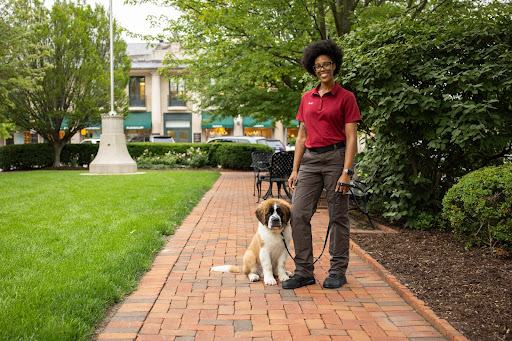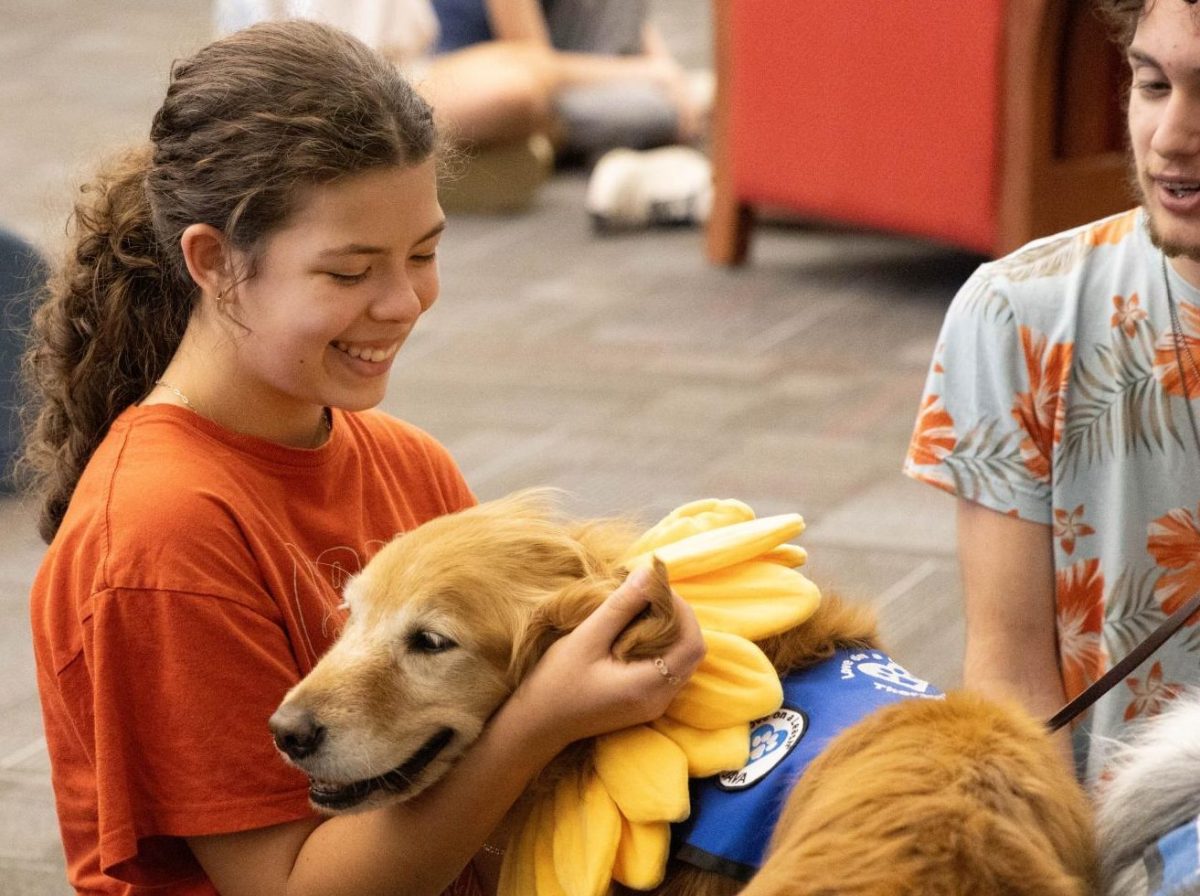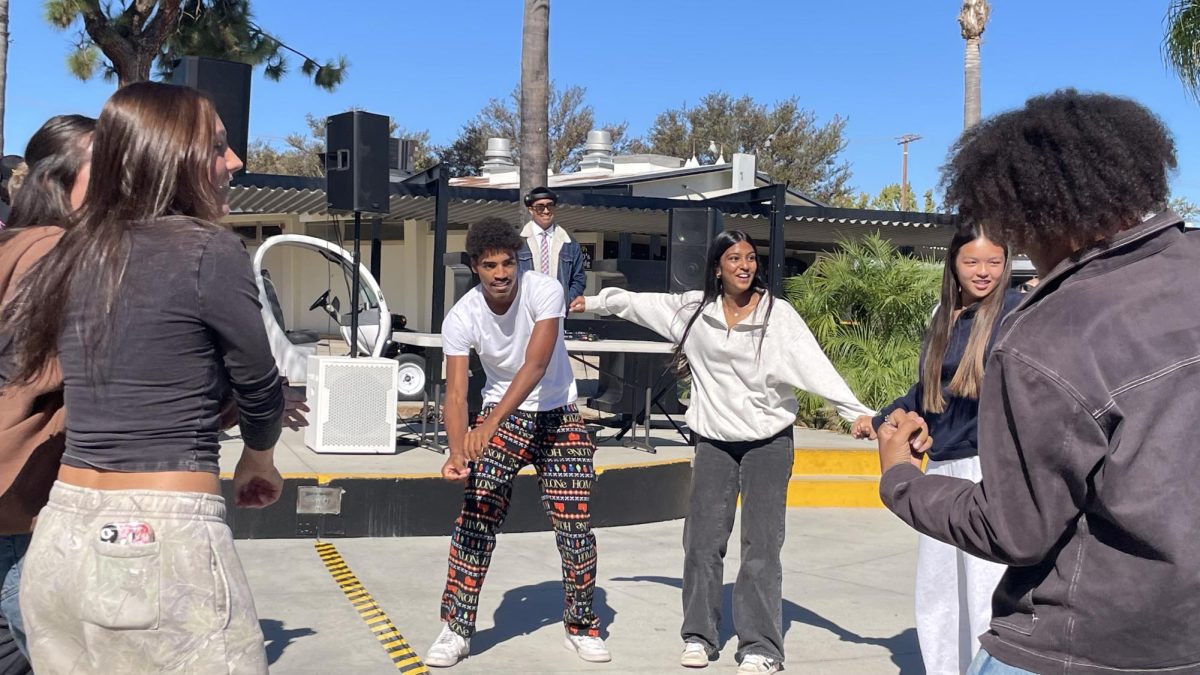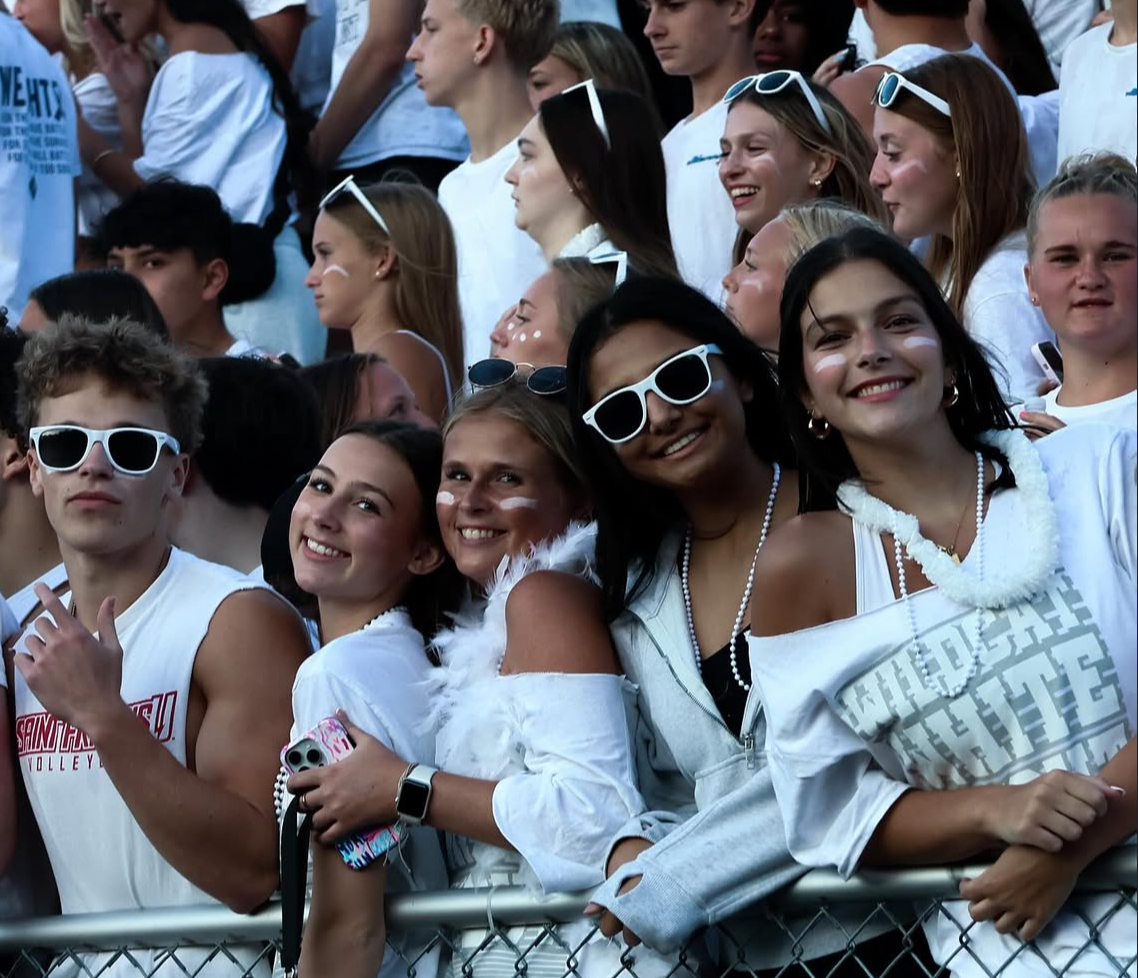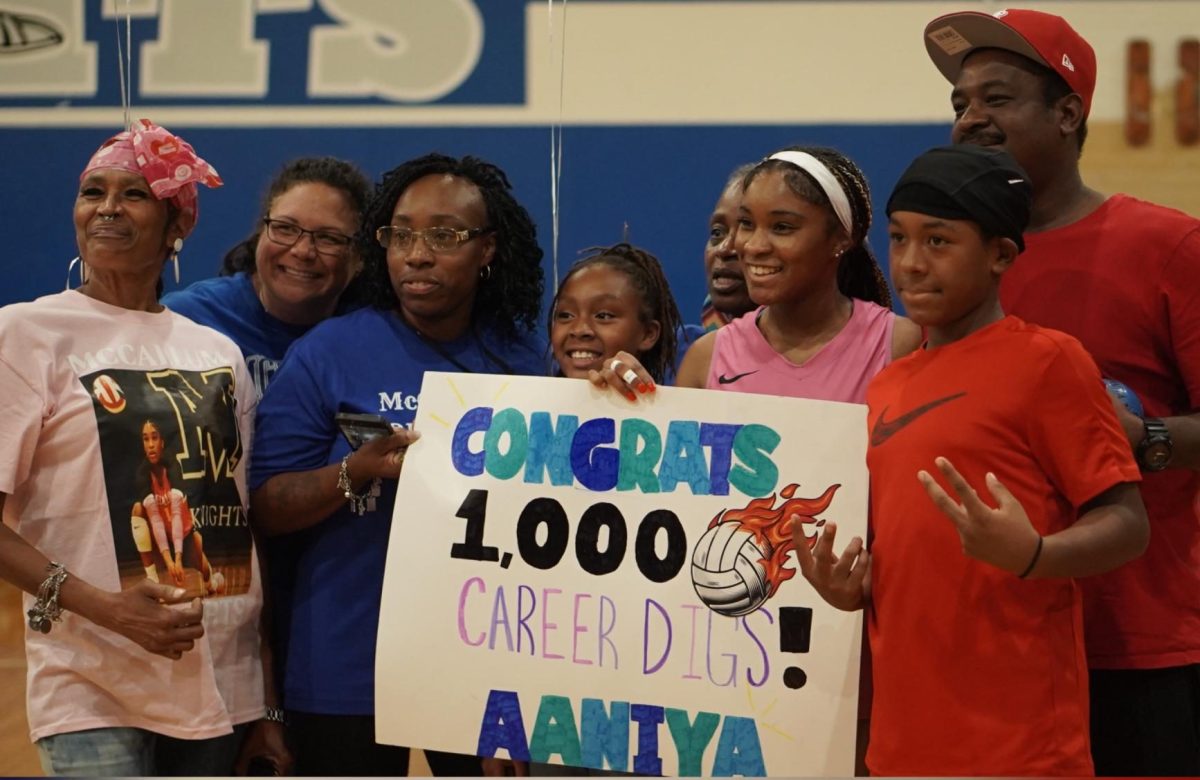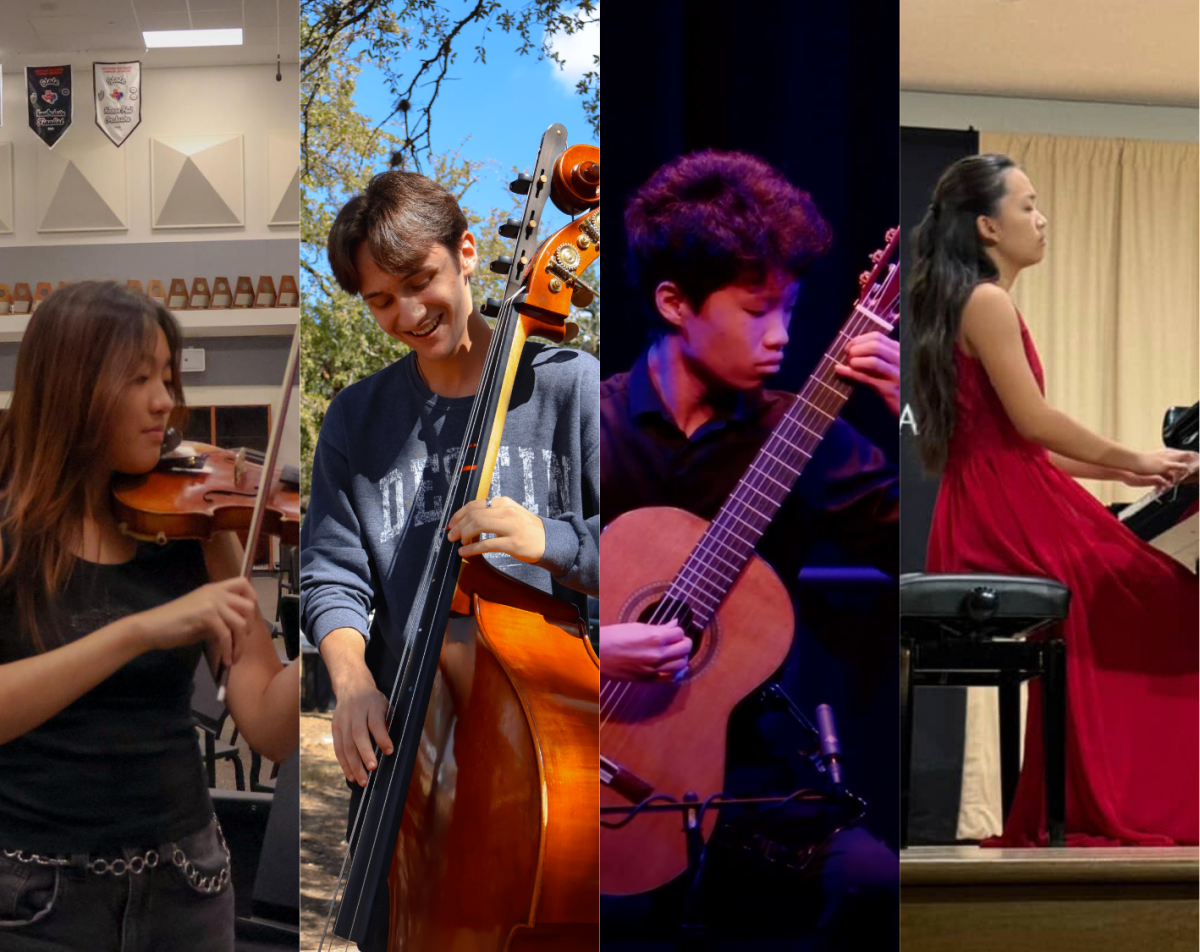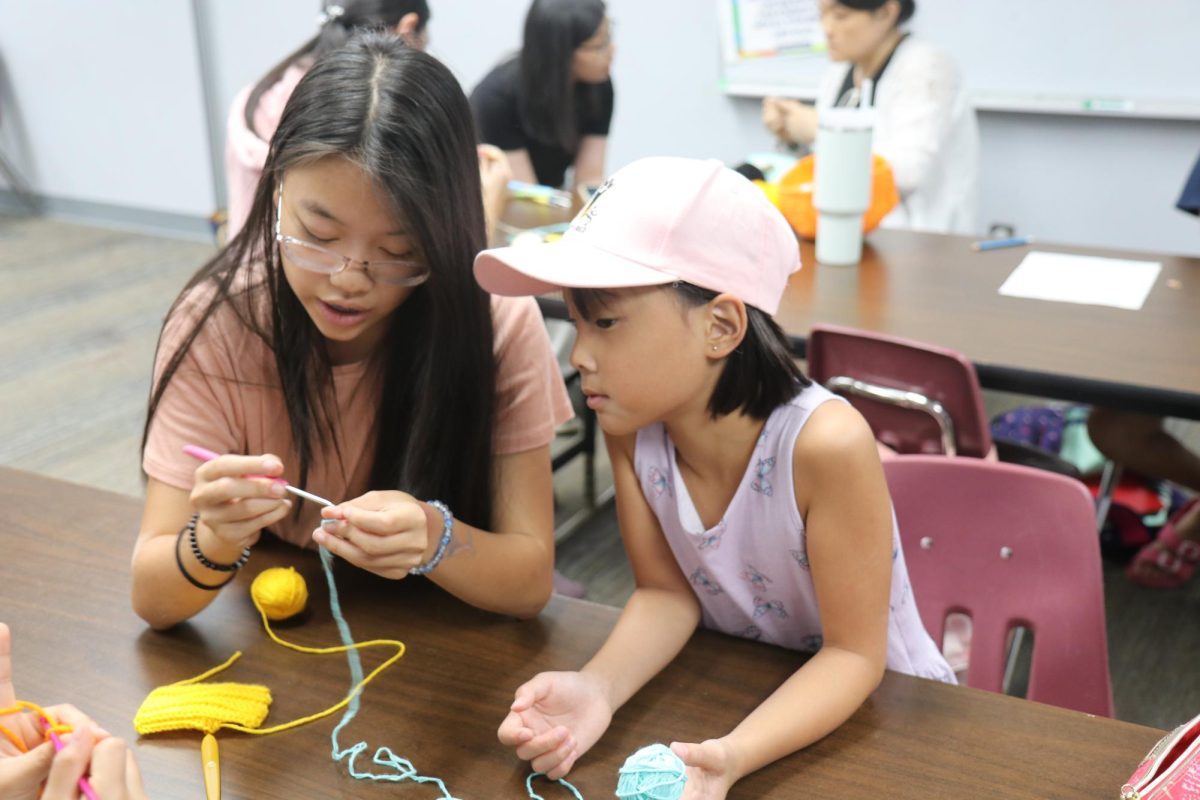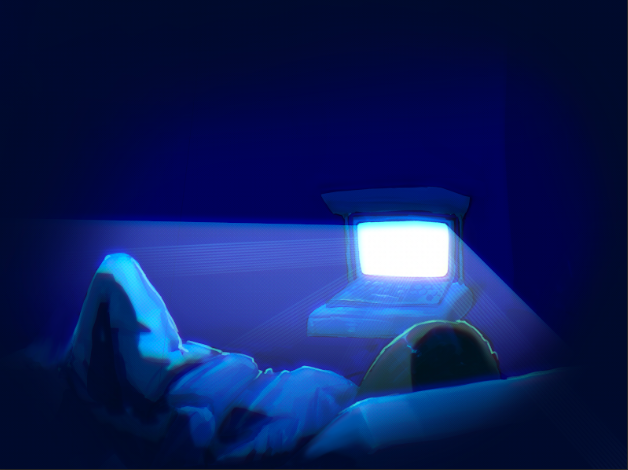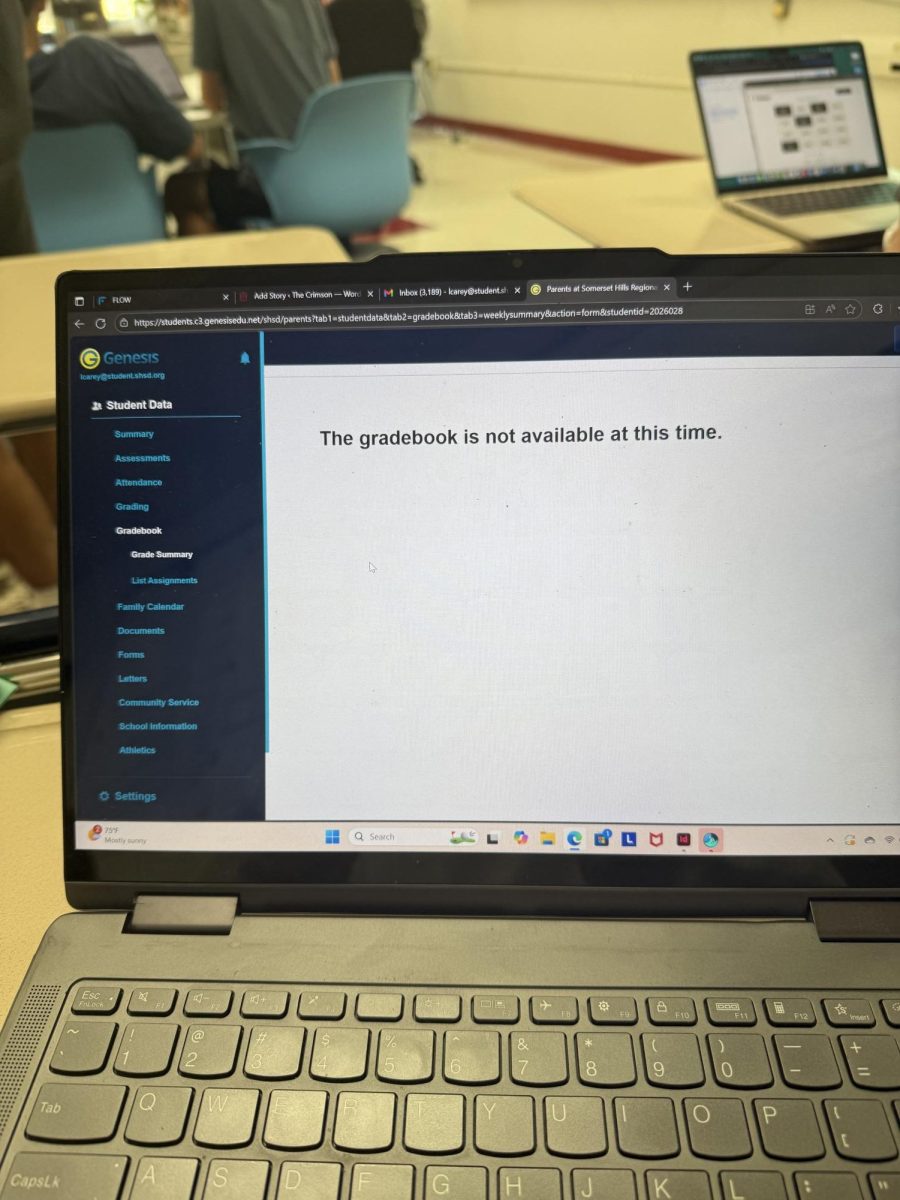Burt Clark steps up to home plate, understanding what he has to do. Clark’s Palm Bay High School Pirates are losing 10-8 in the seventh inning against Silverado High School of Las Vegas, Nevada, the nation’s No. 8 team. Two runners are on base, and Silverado has recorded one out. Clark, a pitcher whose focus did not usually fall on hitting, has to hit this one out of the park. The first pitch comes, and the crack of the bat echoes throughout the diamond. Clark watches the ball fly over the outfield fence, knowing he just put his Pirates up 11-10 against the Silverado juggernaut.
“That was the farthest ball I had ever hit in my life,” Clark said. “I’m getting a little more animated than I should going around the bases and getting the dugout. I’m sitting there trying to catch my breath, and the pitching coach walks down.”
Clark wasn’t done. The pitching coach told him to warm up: he would close out the game as pitcher. Despite throwing a complete game the day before and hitting the homer just minutes prior, he struck out the side of Silverado hitters and ended the game. The very next day, the unranked Palm Bay played the No. 1 team in the nation, Wellington Academy. The Pirates won again.
“It was just an incredible experience,” Clark said. “We were like the Bad News Bears. We were underdogs and beat two nationally ranked teams.”
This was only one moment in a storied athletic career for Clark, now in his first year as principal. According to Clark, he was naturally drawn to playing team sports in his youth, following in the footsteps of his father, a Melbourne High School graduate who played on state championship football and baseball teams.
“Competing on a team was just really how I was wired,” Clark said. “It turned out that my best athletic skill set was my arm. My size and build lended itself to playing the position of quarterback and pitching.”
After his ninth grade year at Southwest Junior High, where he had played football and baseball, Clark faced a decision. He could go to high school at Melbourne, where his father had played and where his closest friends would go, or at Palm Bay, where his coach at Southwest had moved to. He chose to become a Palm Bay Pirate, unwilling to pass up an chance to start as a quarterback and as a pitcher in his sophomore season.
“It was a tough decision, but I felt like it was the right one for me,” Clark said. “I had an opportunity to write my own story versus just following along.”
Clark would play on Palm Bay’s football and baseball teams beginning in the 1997 fall football season and concluding with the 2000 spring baseball season. The teams would see success, with the football team reaching two Final Fours under the Clark’s leadership and the baseball team capturing district and conference championships. His efforts would not go unnoticed, with several NCAA Division I universities vying for his talents.
“There were [baseball] games in high school where there would be literally 50 to 100 scouts with radar guns behind [home plate],” Clark said. “For football, Tennessee, Notre Dame, FAU, and USF were all in the mix. Baseball was slower behind, because a lot of those schools thought I was going to go in the [MLB] draft. I made it clear in my senior year that I wanted to go to school as the first person in my family to ever go to college.”
Clark would eventually commit to UCF, with the Knights being one of the only programs to offer him a scholarship to play both sports. Along with this, Clark cited another reason that “divine intervention” happened at UCF.
“I’m married to my high school sweetheart,” he said. “We started dating in high school. She was able to go to UCF too. We stayed together, and now have a beautiful family. In the end, I ended up exactly where I was supposed to be.”
At UCF, in addition to being a dual-sport athlete, Clark was an engineering major. He described his schedule as jam-packed, including multiple practice sessions per day while balancing his classes and homework.
“It was incredibly difficult, but also very rewarding,” he said. “Frankly, because almost every single minute of my time was accounted for, it left me no time to do anything I shouldn’t have been doing in college.”
Throughout his entire athletic career, Clark said he was best suited for the leadership aspect of the game which his roles as quarterback and pitcher required him to use.
“I would still maintain that my best skill set was the leadership component, rallying the team and making people believe that they can accomplish,” Clark said. “I was big and strong, but I wasn’t that athletic. I could throw the ball. But my best component was being able to make the team believe that no matter what we could we could win, be successful.”
Clark also said he always relished the gameday pressure thrust upon him in big scenarios.
“I’m a big believer in preparation,” Clark said. “I always say you have to earn the right to be on the field, and you also got to earn the right to be nervous. The nerves come from the investment of the blood, sweat, and tears of preparation. I wanted the ball in the hardest moments at the hardest time. I wanted the pressure on me.”
In the fall of his junior year, Clark’s athletic career would change for good when he was diagnosed with his first major shoulder injury and forced to choose between a lengthy surgery and rehab process or a strengthening recovery program. After discussions with family, Clark decided on the latter. He wouldn’t pitch for an entire year, playing only in the field.
“Most of us get told by a college coach, a pro coach, maybe even a high school coach, ‘you’re not good enough to play,’” he said. “When that happens to us, and we have to navigate … how we feel about finding a way to continue to compete, or finding a way to kind of feed that urge to do those things.”
After reinjuring his shoulder in his senior year, Clark knew his career was over, but he still maintained an active leadership role on the team as a fourth-year player. Upon graduation from UCF, Clark took a job at an engineering firm, but soon felt that something was missing.
“I was longing all day long for work to [be] over so I could get out to the field and coach,” he said. “I happened to stop by my old high school to talk to my principal, who was still the principal there, and I found my way into education. I was telling him how much I wanted to be around kids, how much I wanted to coach and just try to make a difference. I was always thinking … how much of an impact sports had on my life, how I was and who I was, and it just kind of naturally fit.”
After a brief stint as a math teacher and a lower-level coaching assistant for Palm Bay’s athletic programs, Clark found himself introduced to the world of administration after becoming the head baseball coach and the football team’s offensive coordinator. Clark said as a coach, his focus wasn’t just winning.
“Some of it is your own internal desire and competitiveness, like there’s always that piece there,” Clark said. “But the other component truly is in the service of the youth. For example, when I was the head baseball coach at Palm Bay, I was coaching [my players] up on skills and baseball knowledge and ability and things like that. But a lot of the coaching was just about life. We had tons of conversations about being a man and their responsibilities.”
After departing Palm Bay for the second time in 2014, Clark found himself as an administrator at Hoover Middle School and then Rockledge High School, before now beginning his first year as principal of West Shore in 2024. Clark said he still clings onto sports as an important way to connect with students even as he maintains a higher administrative position.
“I’ve made it kind of my personal mission to maintain that [connection], through talking to kids in the hallways, asking them how they are, how’s everything going, what do you play, what do you like?” Clark said. “I’m trying to get to know them the best I can, because it’s my ‘why’. It’s why I get up and drive here every day.”
Clark said that the most important thing, in his eyes, is every student finding something they are passionate about.
“It’s about getting them on campus: a club, a sport, a team, maybe an elective they really like,” Clark said. “We’re providing that space where they feel the most like themselves, or they meet other people that share similar interests. It ignites that passion and connection to school.”
Sophomore Landon Plechaty, who plays baseball for Eau Gallie, said that Clark’s baseball experience built traits that he is glad to have in his new principal.
“Baseball is, at its heart, a mental game,” Plecahty said. “It doesn’t matter how good you are, there’s always going to be people that can hit off you or pitch better than you, and to have the mental fortitude to play at the college level is outstanding. It’s really good to have that in a principal because he’ll handle important situations very well.”
Freshman Preston Kennedy, who plays football for Satellite High School, said he appreciates having a role model for his football career at West Shore. Kennedy said he hopes Clark can offer tips for his own success.
“It’s really awesome for Mr. Clark to come here as a college football player, because my parents want me to play football in college,” Kennedy said. “Seeing that he was able to do it gives me someone to look up to.”
Athletic Director Tony Riopelle said Clark’s experience with athletics around the county greatly helps Riopelle with his own responsibilities.
“It’s awesome that he played college athletics like [former Principal Rick] Fleming, but the fact that he was a head baseball coach in the area at the high school level makes him so in tune to knowing what goes on with athletics,” Riopelle said. “It’s unlike anybody I’ve worked for before. He knows exactly what I’m talking about when I bring an issue to him or talk about good things that are happening.”
Clark said that the extracurricular activities students can involve themselves in are key to creating a healthy education ecosystem.
“Too often we get so bogged down in the day to day, the tests and all that stuff, and we lose that the rest of it is a social experiment,” Clark said. “You guys are learning all about yourselves, how to communicate, how to collaborate, how to resolve conflict, how to meet deadlines. These things aren’t part of the standards, but are naturally part of what you guys are doing every day.”
This story was originally published on The Roar on November 18, 2024.



